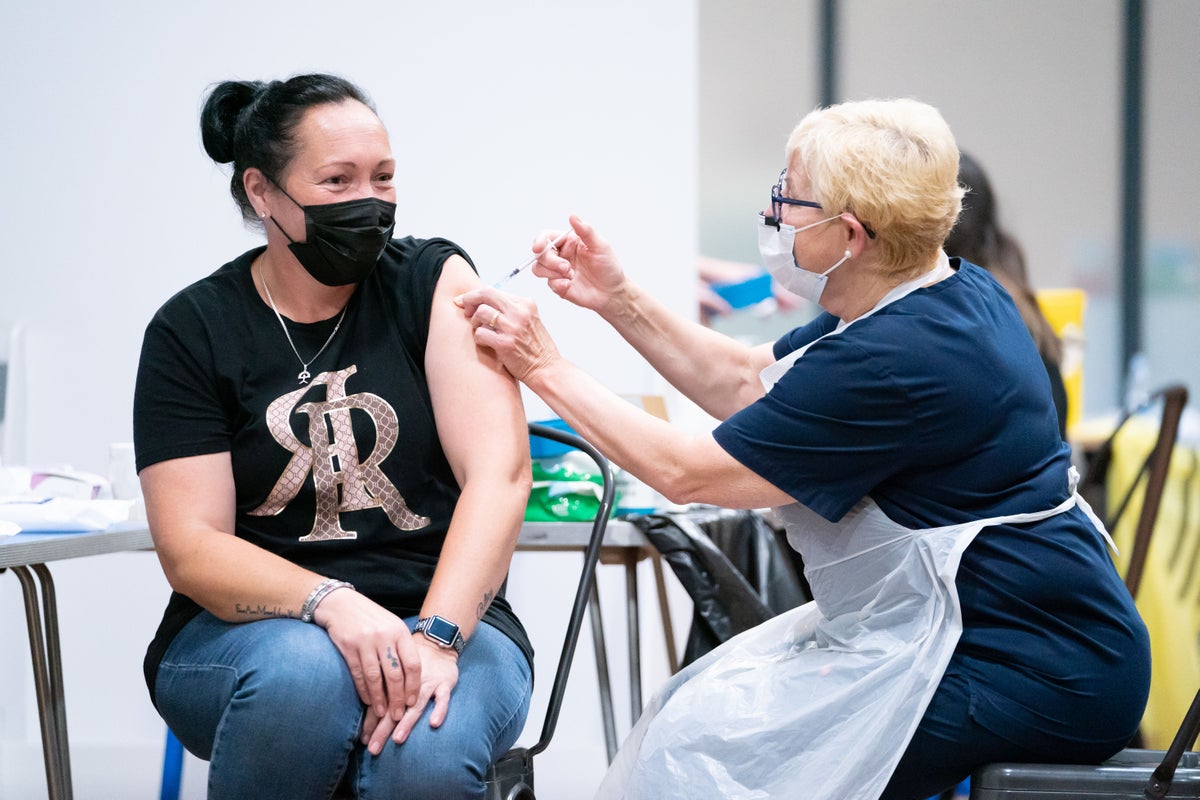
The World Health Organization (WHO) is monitoring a new coronavirus variant that could potentially lead to a rise in Covid-19 cases.
The BA.X strain which is also known as BA.2.86, was placed under the health body’s monitoring list on Thursday due to the “large number of mutations it carries”.
Only three cases of the new strain have been detected in Denmark and Israel and later another was found in the US.
Maria Van Kerkhove, an epidemiologist and lead for the Covid response at the WHO, said very limited information was available on the strain. A large number of mutations needed closer monitoring, she wrote on X, previously known as Twitter.
“Surveillance, sequencing and Covid-19 reporting critical to track known and detect new variants,” she added.
Denmark said they were working to culture the virus in order to assess the possible threat posed by the new strain. The two cases detected in the country were not immunocompromised and had no “no epidemiological link”, the Statens Serum Institute said.
There is no indication that the new variant causes severe illness, it added.
In the US, the first case of BA.2.86 was detected by a lab at the University of Michigan, CBS News reported.
The sample was sequenced by the clinical microbiology lab during "baseline surveillance", although it remained unclear whether the samples were collected "from a patient in the health system run by the university or from another source".
The US Centers for Disease Control and Prevention (CDC) on Thursday announced it was tracking the recently discovered strain after a case of the highly-mutated strain was found in Michigan.
"As we learn more about BA.2.86, CDC's advice on protecting yourself from COVID-19 remains the same," the agency said.
According to Jesse Bloom, an evolutionary biologist at the Fred Hutch Cancer Centre, the deep mutational scanning indicates BA.2.86 variant will have “equal or greater escape than XBB.1.5 from antibodies elicited by pre-Omicron and first-generation Omicron variants”.
The variants – XBB.2.3, XBB.1.9.2, XBB.1.9.1, XBB, CH.1.1, and BA.2.75 – were all under the WHO's monitoring list as of August.
Tedros Adhanom Ghebreyesus, the director-general of WHO, said testing and being vigilant was vital in the fight against the coronavirus.
“We wouldn’t know if the virus is changing, in case we don’t test enough. Testing is vital to see how the virus is evolving,” he said.
Meanwhile, healthcare providers are grappling with a rise in hospitalisations stemming from Covid infections caused by Eris or EG.5.1, a subvariant of Omicron that originally emerged in late 2021.
The variant now accounts for around 17 per cent of current Covid-19 cases, according to the CDC.
Symptoms of the new variant include a runny nose, headache, fatigue, sneezing, and a sore throat. In the week of 30 July to 5 August, the latest period that data is available for, hospitalisations spiked by more than 14 per cent, while deaths rose 10 per cent compared to the previous week.







